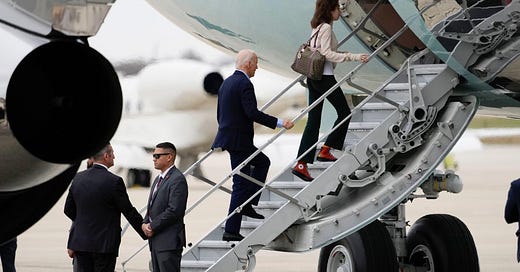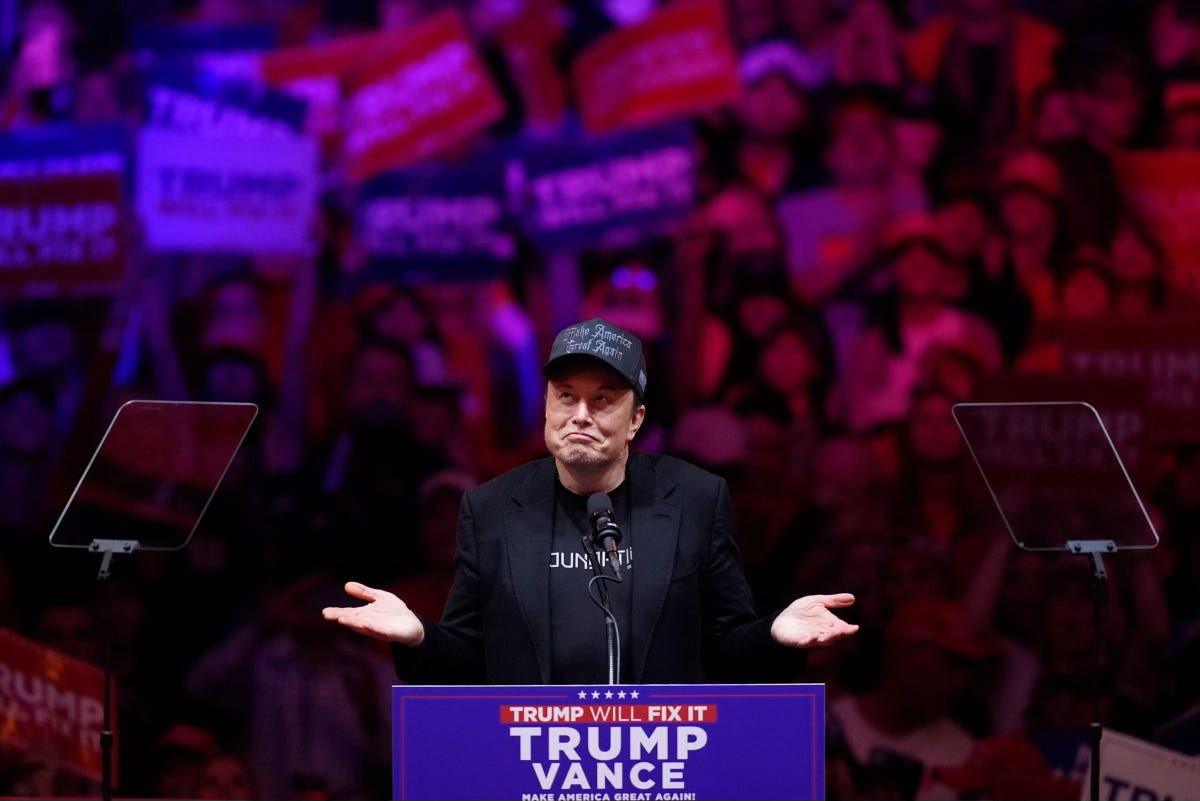Joe Biden and Xi Jinping are en route to Peru, where they will meet as world leaders for the final time this weekend, as US-China relations enter a potentially explosive transition period.
Biden and Xi will hold talks on the sidelines of the Asia-Pacific Economic Cooperation (APEC) summit, an annual gathering of 21 countries to promote free trade throughout the Asia-Pacific region.
The last time the Peruvian capital of Lima hosted APEC, back in 2016, Donald Trump’s shock victory placed then-president Barack Obama’s delegation on the back foot. Déjà vu?
One potentially productive function of Saturday’s tête-à-tête is that Biden can speak directly to Xi about North Korea’s troop deployment in Ukraine. And, as Gerald Warner explained recently in Reaction, on this particular foreign policy matter, the two competing superpowers may find themselves in a rare state of agreement.
Yet, as far as Xi is concerned, the far bigger issue looming over their meeting is Trump’s imminent return to office. The Chinese leader will no doubt warn Biden that the incoming administration must not increase its aggressive stance towards Beijing. Though he will know that the outgoing president is powerless to determine what course Trump 2.0 takes.
Trump’s campaign threats to whack 60 per cent tariffs on all Chinese exports to the US will make Xi all the keener to ramp up trade ties with as many other countries as possible during this year’s APEC summit. And, in this respect, Beijing has hit the ground running.
Xi will kickstart the summit by inaugurating a $3.5 billion mega port in the Peruvian coastal town of Chancay, putting Beijing’s growing regional influence on stark display. Five years in the making, the port of Chancay, a project 60 per cent owned by the state-owned China Ocean Shipping Group, is set to become a key hub connecting Latin America and Asia.
While the US has historically featured as a primary trade and investment partner in Latin America, China’s trade with the region has ballooned 35-fold between 2000 to 2022, reaching nearly $500 billion. And an isolationist turn under Trump will increase the ease with which China continues to expand its influence in Latin America and Asia, further undermining the US-led global order.
Trump’s aggressive anti-China posturing on the campaign trail - paired with his choice of China hawk Mark Rubio and top US diplomat - suggests he is preparing for confrontation.
There is, however, another key figure to consider who runs counter to these predictions:
Trump’s new bosom buddy, Elon Musk.
The CEO of Tesla and SpaceX has been long viewed as a friend to China and is well-connected with many senior figures in Beijing. He has frequently lauded China’s efficiency in growing the electric vehicle sector and Tesla’s Shanghai Gigafactory is vital to its global operations.
Admittedly, Musk has been handed a domestic role which does not give him any official power to determine US foreign policy. Even so, he seems to have sway over Trump, and he certainly has a vested interest in stopping tensions between the two superpowers from boiling over.
Caitlin Allen
Deputy Editor
ON REACTION TODAY
David Waywell
Musk, DOGE and the world’s first meme government
Alexandra Luca
“Be less fearful!”: the religious leaders supporting assisted dying
ALSO KNOW
Pension Reform - Chancellor of the Exchequer Rachel Reeves has announced plans to launch the “biggest pension reforms in decades”, which will merge “Local Government Pension Scheme assets and consolidate defined contribution schemes into megafunds”, with the aim of unlocking £80bn of investment into British businesses and infrastructure. This announcement has, so far, gained cross-party backing, with former Conservative Chancellor Jeremy Hunt stating that there was “much to welcome” about the reforms.
People smuggler arrest - A Turkish national was arrested yesterday at Amsterdam Schiphol Airport and is currently awaiting extradition to Belgium on two counts of human smuggling. The unnamed man has been described by the National Crime Agency as a “major supplier of boats and engines to the smugglers operating in Belgium and northern France.” Prime Minister Keir Starmer has stated that this arrest constituted “a significant piece of the jigsaw” in tackling Channel crossings but urged not to treat this development as “the silver bullet”.
Sudan’s death toll - A report published by the London School of Hygiene and Tropical Medicine's Sudan Research Group has found that over 61,000 people have died in Khartoum state, Sudan, within the last year, a figure much higher than previously thought. Direct combat has claimed approximately 26,000 of these lives, with preventable diseases and starvation being the primary driver behind this staggeringly high death toll.
Israel – Lebanon ceasefire - Israel’s Minister of Strategic Affairs, Ron Dermer, allegedly told Donald Trump and Jared Kushner that his nation is “rushing” to advance a ceasefire with Lebanon in order to deliver the President-elect with an early foreign policy win – reports the Washington Post. This news comes at the same time as the IDF’s third consecutive day of airstrikes into Hezbollah-controlled areas in Beirut.
Le Pen’s reckoning - Marine Le Pen is facing a potential five-year prison sentence, as well as a five-year ban from public office, if found guilty of embezzling EU funds along with twenty-four other individuals. Le Pen and her party have been accused of using European Parliament funds to pay for France-based staff. Le Pen responded to these charges, stating that “I think the prosecutors’ wish is to deprive the French people of the ability to vote for who they want”.
FIVE THINGS
Curated by the Reaction Team - Dorian Bovay
David A. Graham in The Atlantic on the thing that binds Gabbard, Gaetz, and Hegseth to Trump.
The age of Orban. Amanda Coakley in Prospect Magazine
The former east Germany is fertile ground for the Far Right, writes Tim Brinkhof in New Lines Magazine
Christina Toenshoff in The Conversation on the thousands of corporate lobbyists at the UN climate summit in Baku.
Trump and Iran face off across a new Middle East, writes Afshon Ostovar in Engelsberg Ideas







